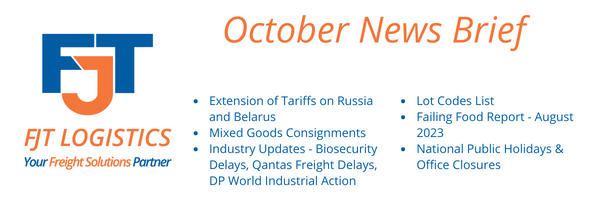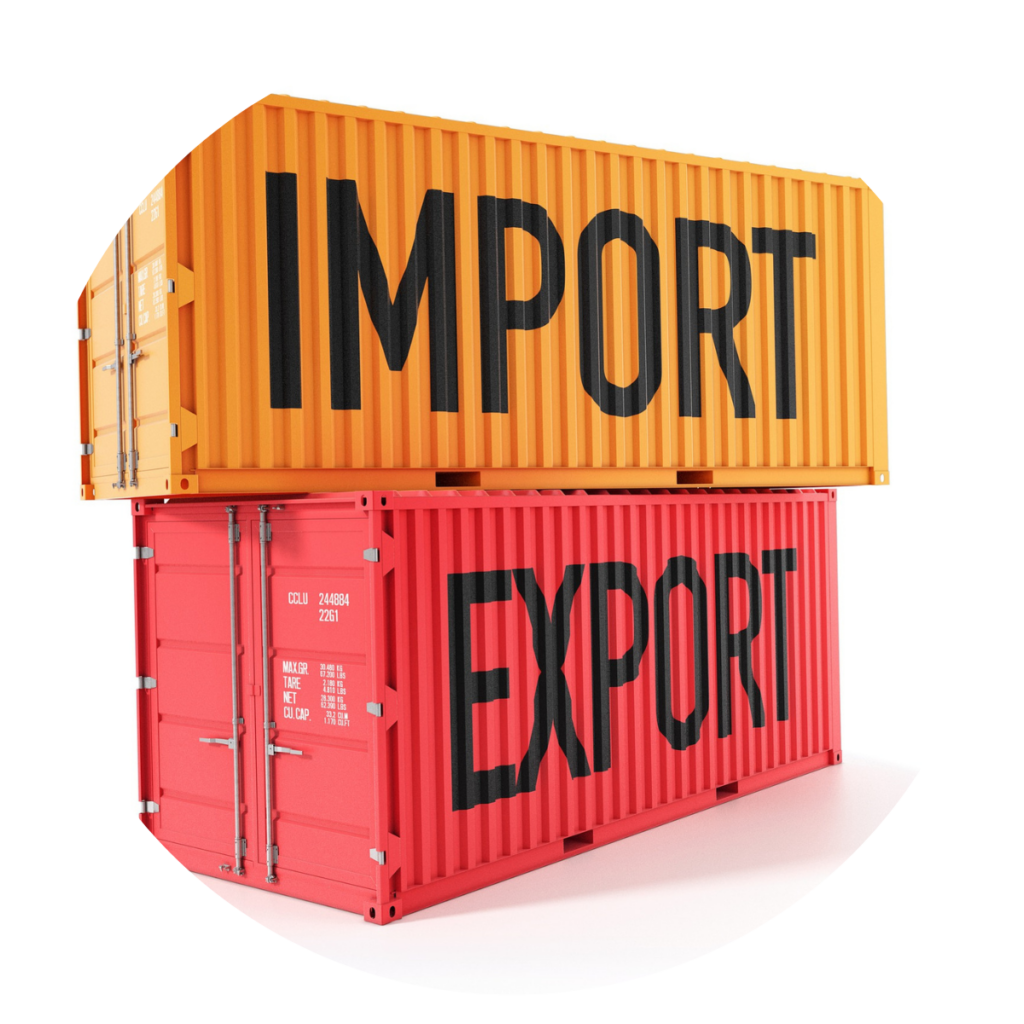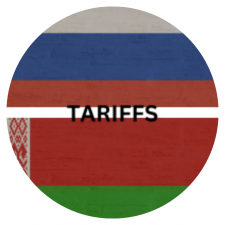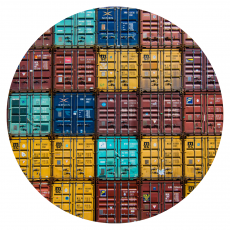

Welcome to our October News Brief
Dear Valued Customer,
Australia’s trade systems are proposed to be revamped to simplify processes, systems and regulations for importers and exporters, and make cross-border trade cheaper, faster and easier for businesses.
The federal government has been working on a “Simplified Trade System” (STS) to operate across all government agencies involved in the import and export of goods. According to the government, “this is a program of reform that will simplify Australia’s international trade regulations, modernise outdated ICT systems and strengthen Australia’s economic resilience”.
Currently, importing and exporting businesses can face expensive and time-consuming processes, with multiple government agencies and rigid regulations to navigate. Australia’s current cross-border trade environment is complex and difficult to follow, with close to 200,000 Australian import and export businesses crossing over with 29 government agencies, around 200 regulations and 145 ICT systems. Many processes are still manual and require multiple duplication of data.
As a nation, it seems we have fallen behind other countries with more advanced border systems. We have an ageing Integrated Cargo System platform and modernising and designing a next generation system is necessary to create a “digital” border which is essential to unlock mutual benefits and cost savings across both business and government.
There is no doubt that implementing a STS will be a complex undertaking. The complexity lies in coordinating all the government agencies to share data and information whilst ensuring adequate border protection without unnecessarily impeding legitimate trade.
If we can learn and implement what has worked elsewhere in countries including Singapore, US and UK, this reform will provide multiple solutions to industry pain points, making cross-border trade cheaper, faster and easier for businesses and making it easier for business to interact with government.
You can subscribe to receive further updates and announcements from the STS taskforce HERE.
Sam Curro
Executive Business Manager – Oceania

Extension of Tariffs on Russia and Belarus
Imported Russian and Belarusian goods will remain subject to an additional 35 per cent tariff for another two years after Foreign Minister Penny Wong and Trade and Tourism Minister Don Farrell recently announced the Australian government has extended its response to Russia’s “unprovoked, unjust and illegal” invasion of Ukraine
• Australia continues working together with the international community and the extension is a response to Russia’s continued illegal invasion of Ukraine and the continued support provided by Belarus for this invasion
• The measure has been extended until 24 October 2025...

Mixed Goods Consignments
The Department of Agriculture, Fisheries and Forestry (DAFF) often sees containers of normally exempt BMSB goods that are packed with gifts or promotional items from suppliers, especially in the lead up to the festive season. These goods are often classified as target high risk goods and render the entire container subject to BMSB treatment
• Containers packed with a mix of target high risk and exempt goods are assessed for BMSB at the highest risk level and will require mandatory treatment.
Deconsolidation or removal of goods will not be permitted prior to the treatment, and where BMSB treatment cannot be conducted at the container level, the whole container may be directed for export
• Please ensure if suppliers are placing such goods in the container, they are aware of the requirements for BMSB, and goods are treated accordingly prior to packing into containers...
Industry Updates
Biosecurity Delays
- Timeframes for the assessment of import documentation by the Department of Agriculture, Fisheries and Forestry remain under pressure due to high volumes of entries and workforce pressures.
- Currently, assessments can remain unprocessed and be delayed for up to 7 days
- To ensure timely assessment and release of goods that will become subject to biosecurity, it’s critical that overseas supplier’s documentation is made available to us well in advance of arrival and accurate in line with DAFF’s import conditions
Qantas Freight Delays
- Qantas Freight terminal teams in Melbourne, Sydney and Brisbane have been working around the clock to process the freight backlog caused by an IT system cutover on 24 Sep 2023. Their highest priorities are to continue to clear the backlog, prioritise urgent freight, try to keep more recent freight arrivals moving through their terminals and return to normal operations as soon as possible
- Import backlogs in Sydney were cleared by 19 Oct 2023 and Melbourne expected to be cleared by 21 Oct 2023. Brisbane is back to business as usual, processing all new imports within normal timeframes
DP World Industrial Action
- Industrial action continues around DP World terminals nationally with dozens of work bans, stoppages and strikes until 30 October at ports in Sydney, Melbourne, Fremantle and Brisbane
- We will continue monitoring the impact on DP World operations and hope there is a swift resolution on the EBA in the coming weeks


Lot Codes Lists
Food imports normally require additional documents compared to imports of regular commodities and a Lot Code List is one such document generated by the manufacturer which contains a list of all lot codes within a consignment that identifies the number of cartons or quantity per lot for each type of food
• Essentially, lot codes are batch numbers or best before dates and are generally stated on the commercial invoice, packing list or as a separate document accompanying the commercial documents
• A Lot Code List must have a full manufacturer/exporter company letterhead, numerical links to the consignment, and must be signed, dated, and contain the signatory’s name and position/title within the company
• Food imports are referred for biosecurity or food safety assessment as part of the clearance process so providing a clear, complete and accurate Lot Code List where required to meet the Minimum Documentary Requirements Policy will reduce the assessment, inspection and processing time for timely clearance and release of the goods...

Failing Food Report
August 2023
The Department of Agriculture, Fisheries and Forestry has published its failing food reports under the Imported Food Inspection Scheme for August 2023. The report shows:
• Food imports that have failed analytical testing
• Foods containing non permitted additives or ingredients
• Food that is not permitted due to being a prohibited plant, or fungi...
